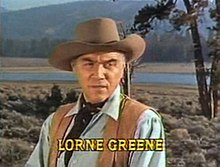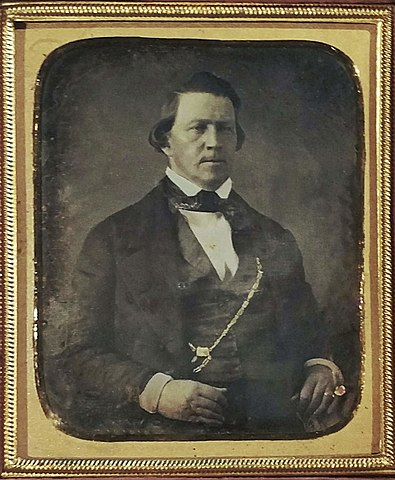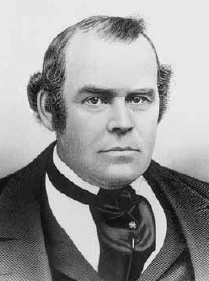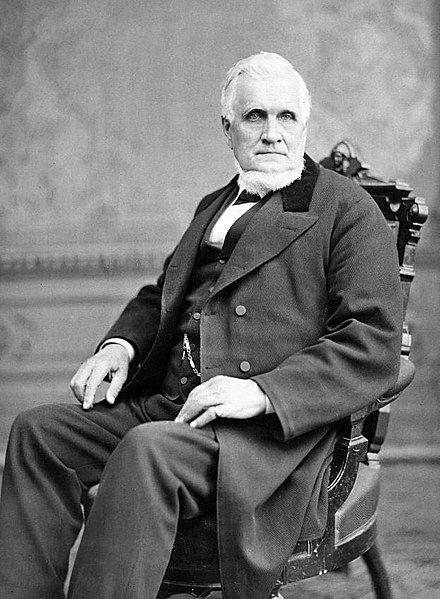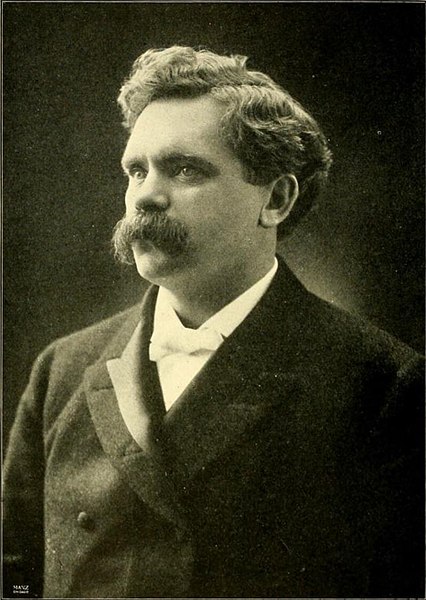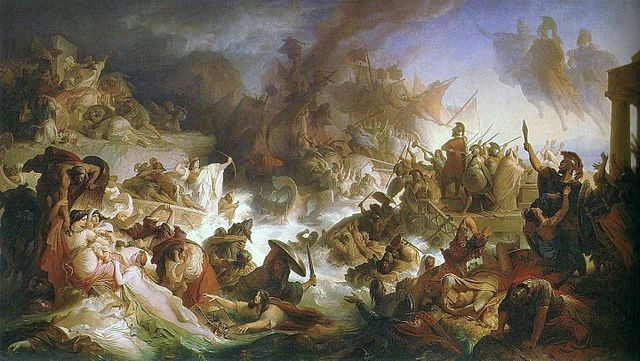Set forth below is a short piece I wrote several years ago about my father for an essay competition sponsored by Jana Riess, a prominent Mormon blogger for the Religion News Service. Even though it was selected for publication on Jana’s website, I am republishing it this Father’s Day weekend as a tribute to my father, one of my heroes.
Not too long ago, stakes and wards were expected to devise fundraising schemes—everything from bake sales, to service auctions, to car washes—in order to subsidize their local operating budgets. Today, funds are dispensed from church headquarters, and local units are discouraged from raising money on their own.
Continue reading “Pork Belly-up”
